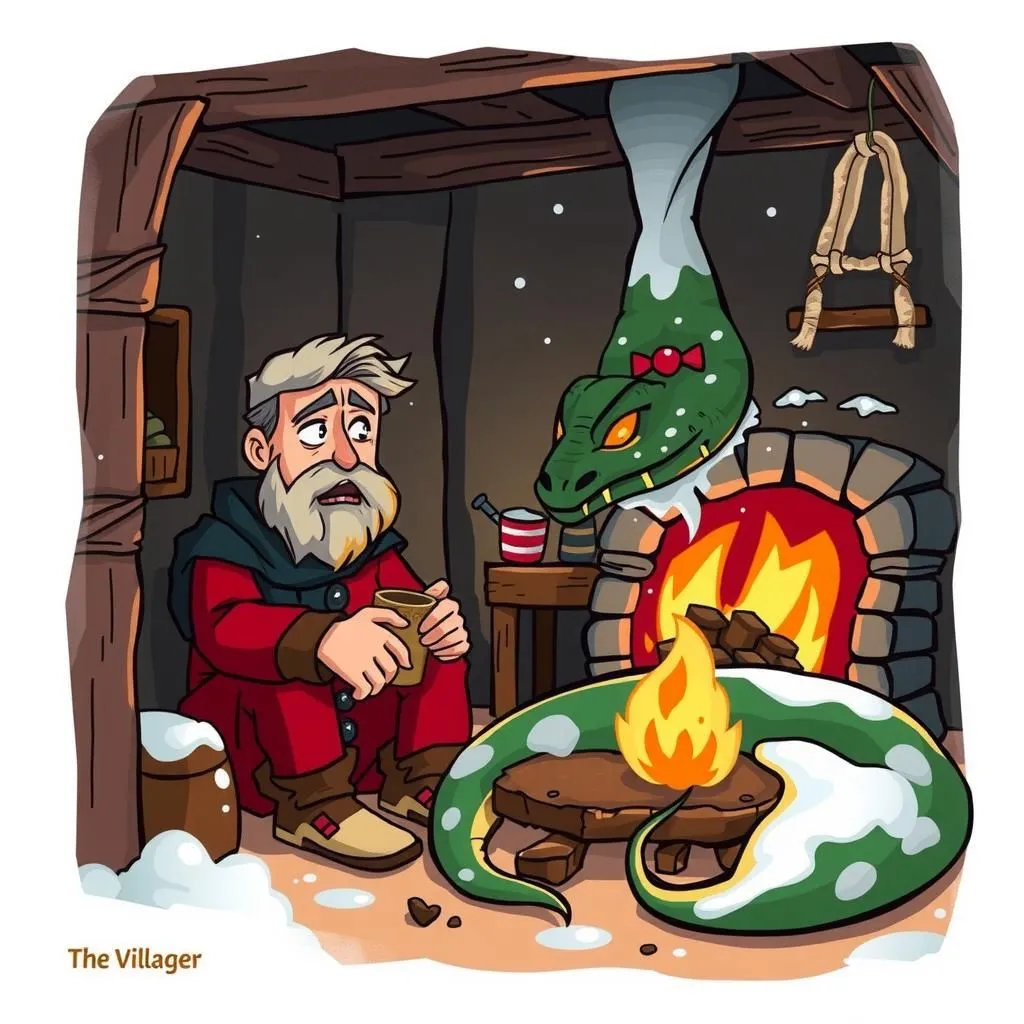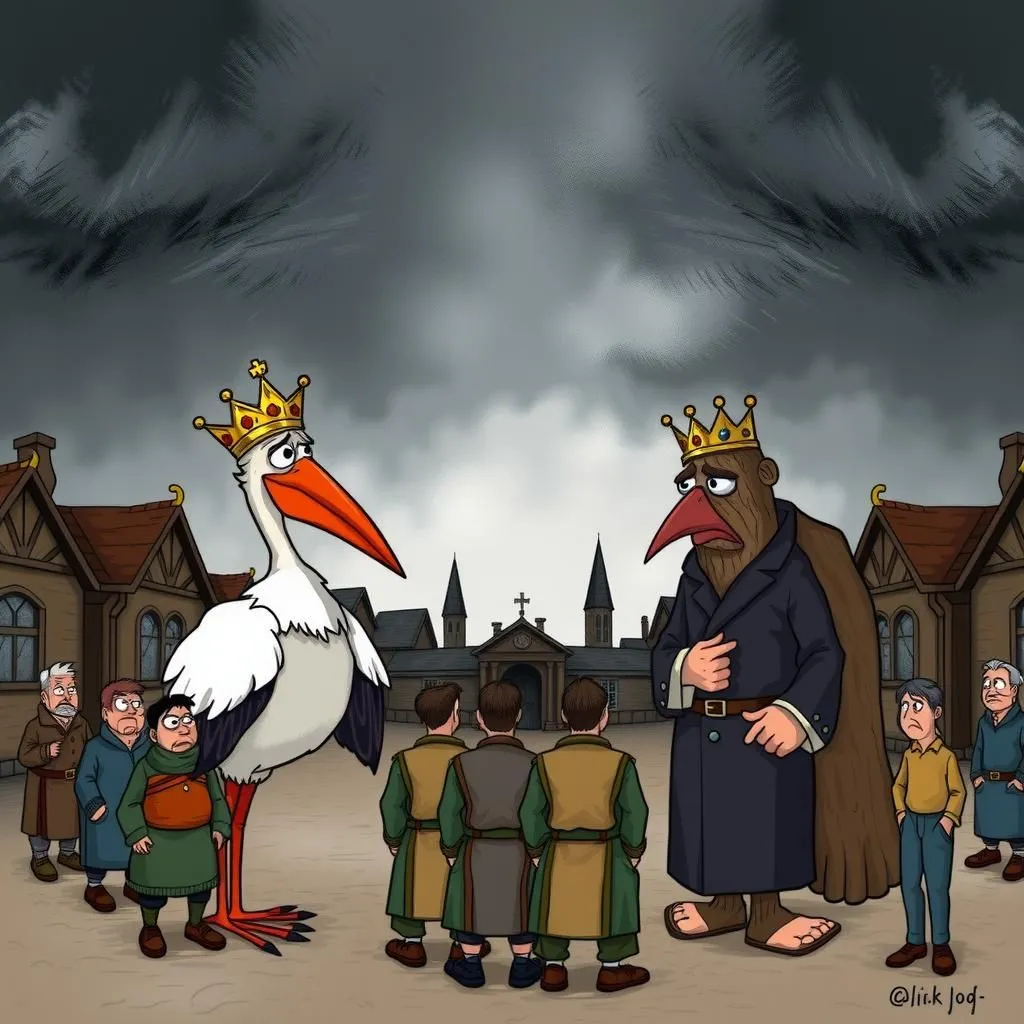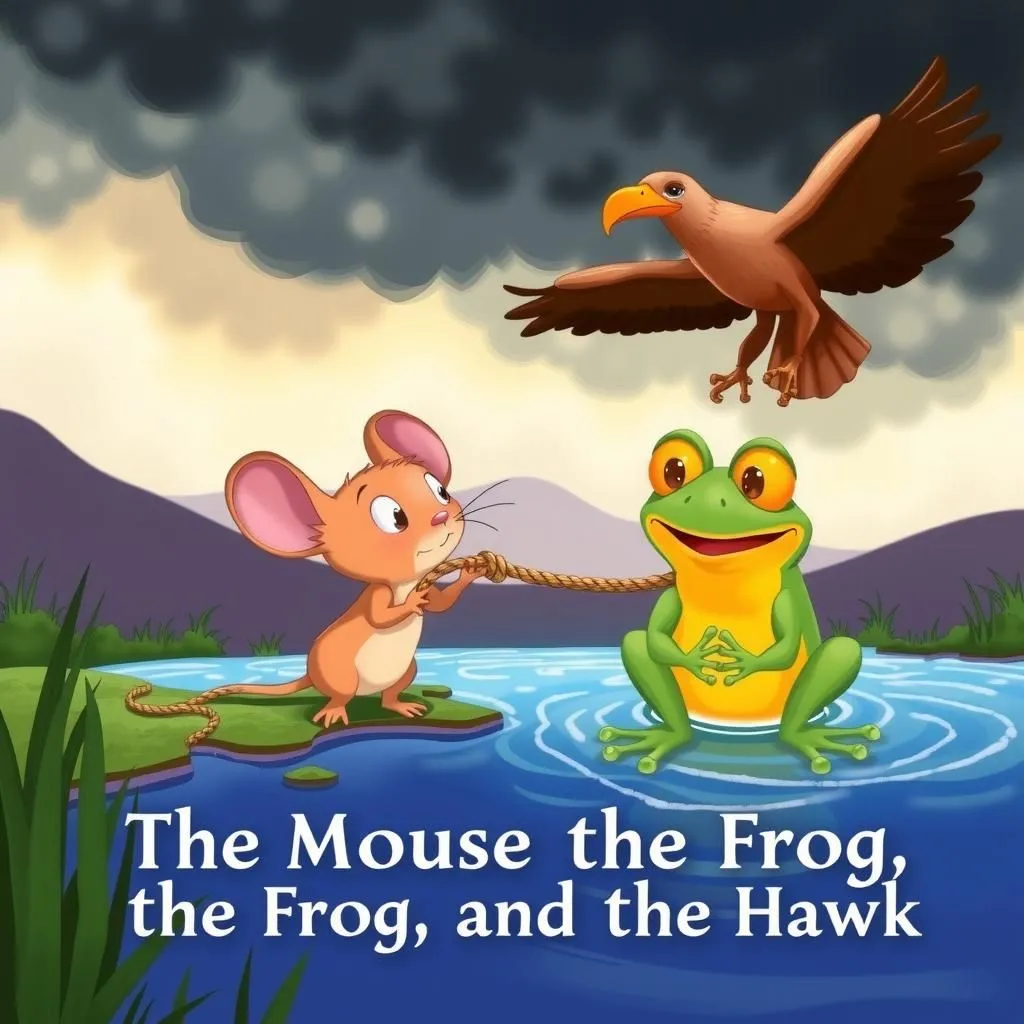
The Villager and the Serpent
In "The Villager and the Serpent," a kind but naive peasant saves a frozen serpent, only to be betrayed and attacked once the creature is revived. This tale serves as an educational moral story, illustrating the dangers of showing kindness to ingrates, and highlights the importance of discernment in acts of charity. With its life-changing moral lesson, it stands as a quick read story that encourages personal growth through understanding the consequences of misplaced trust.


